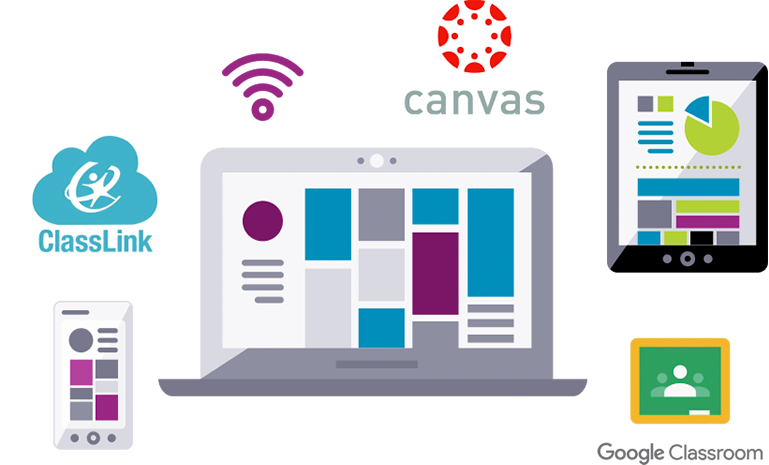
4th Grade Research Summary
McREL’s research found that schools using Progress Learning had their FSA scores in fourth grade math grow by a substantially larger amount than those of non-user schools. To learn more, request a copy of the full study.
Our mission is to help all students across the country master state standards by empowering educators with personalized teaching tools and support.

Our solutions connect with school districts through innovative and engaging resources at every grade level.
We help support the work teachers are currently doing in the classroom to maximize student achievement.
USATestprep and Education Galaxy are now Progress Learning. Click here to log in.


Easily streamline your supplemental learning resources using our products. We support a growth mindset and strive to help students progress towards mastery.
Did you know we support all K-12 grade levels? Our content is specifically designed to meet students where they are.

Curriculum and tool training from Progress Learning including support via webinars, live sessions, education resources, and orientation materials.

McREL’s research found that schools using Progress Learning had their FSA scores in fourth grade math grow by a substantially larger amount than those of non-user schools. To learn more, request a copy of the full study.

Discover how Progress Learning boosts Georgia Milestones scores! In a study conducted by the Center for Research and Reform in Education at Johns Hopkins University, Progress Learning’s impact on student achievement in math and ELA was thoroughly examined. Spanning the 2022-2023 school year in the Douglas County School System, Georgia, this study employed robust methodologies […]